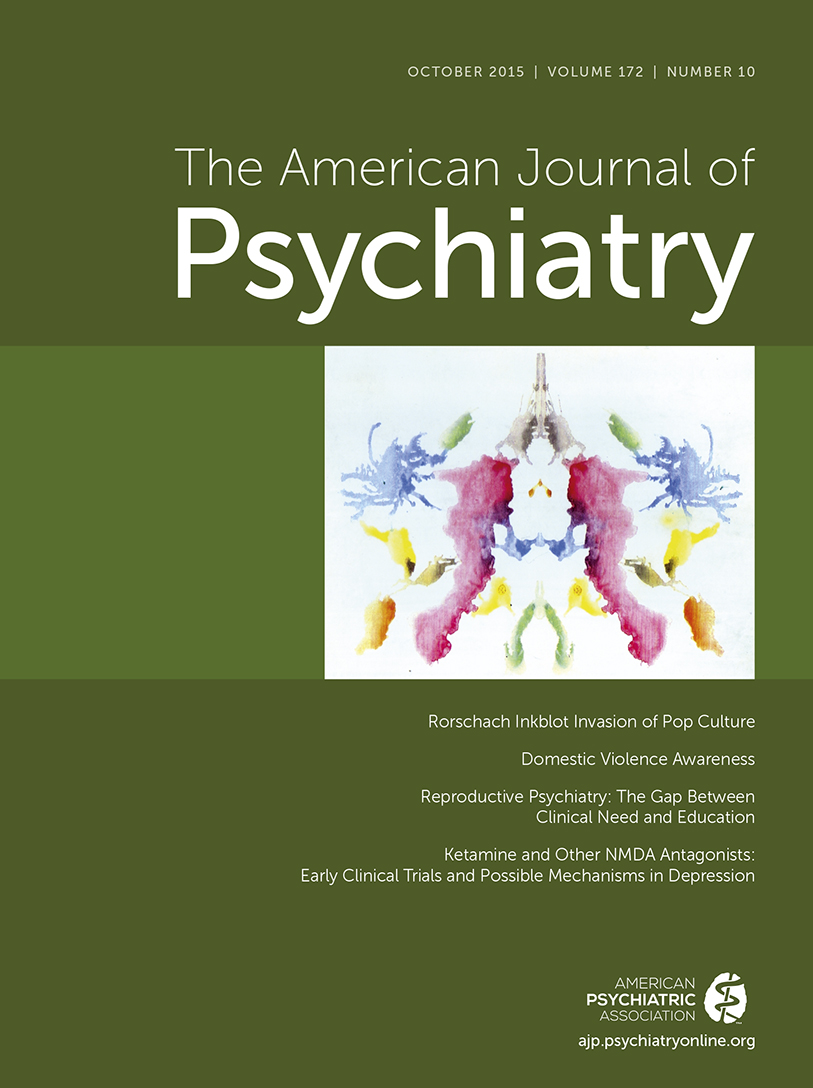Cardiac Effects of Methylphenidate
To the Editor: The well-executed study and thoughtful presentation of Lavretsky and coauthors (1), published in the June 2015 issue of the Journal, documents the therapeutic benefit of the methylphenidate-citalopram combination in the treatment of late-life depression. However, the potential risk of the addition of methylphenidate is not sufficiently addressed to allow the clinician to compare the number needed to treat with an approximation of the number needed to harm. The apparent absence of serious adverse events or mortality in the 16-week trial is important but not sufficient information. One particular concern is the effect of methylphenidate on blood pressure and heart rate in a population with a mean age of 70, and these data are not included. What appears as an innocuous and not immediately clinically significant effect may have a significant impact, especially during the time period in which the medication is given. For example, a heart rate increase from 72 bpm to 80 bpm represents an 11% increase and over time may impact cardiac work (2); the same is true for an increase in blood pressure. The concern about a late-occurring adverse effect is heightened if a stimulant is given to a population with cardiac disease, and the authors cite other studies of the use of stimulants in the depressed medically ill.
Of course the potential cardiac risk of methylphenidate must be weighed against the known cardiac risks of insufficiently treated depression. Currently there is little systematically collected data on the safety of stimulant use, especially in the medically ill, beyond short-term trials. This important work needs to be done given the new data on the therapeutic benefit as presented in this article. Thus, we believe some caution should be exercised when translating the results of this study to the clinical situation.
1 : Citalopram, methylphenidate, or their combination in geriatric depression: a randomized, double-blind, placebo-controlled trial. Am J Psychiatry 2015; 172:561–569Link, Google Scholar
2 : Effect of heart rate on cardiac work, myocardial oxygen consumption and coronary blood flow in the dog. Acta Physiol Scand 1958; 42:185–198Crossref, Medline, Google Scholar



